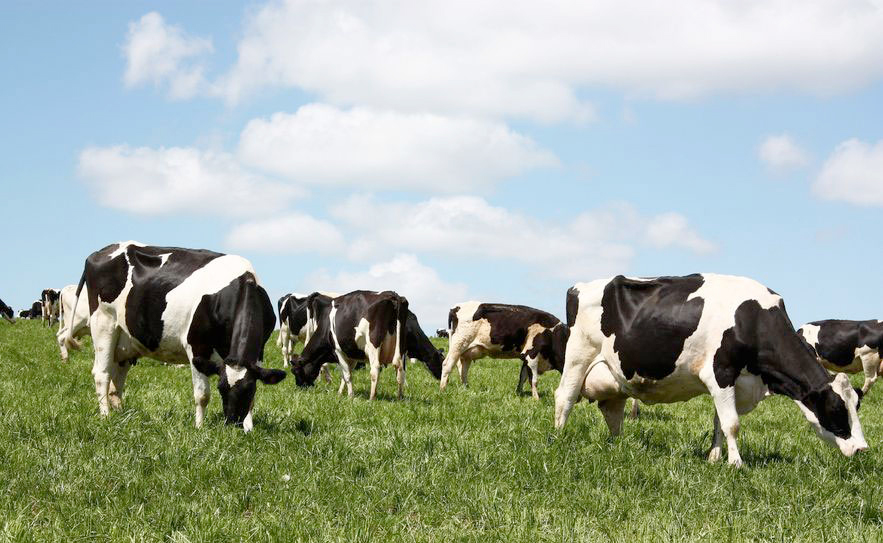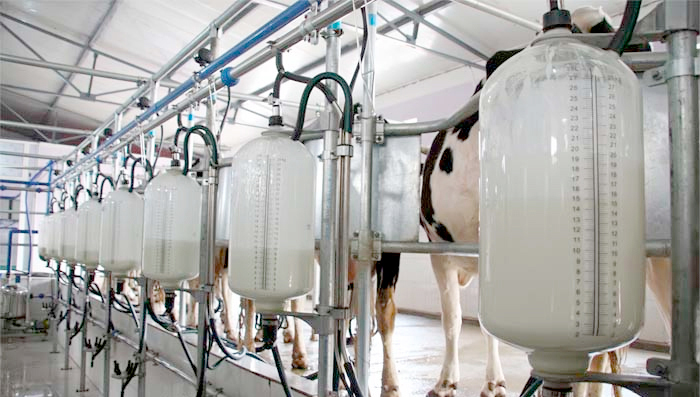
The current fall in milk production has been coming for some time, and will continue into the New Year, Ulster Farmers Union has warned.
This claim is based on an analysis of global trends, and it says that while the EU voluntary milk production reduction programme may have some impact, it is global events that are driving a better balance between supply and demand and that these were in place before the Commission scheme was implemented.
"Australian milk production for August was down more than 12 per cent, year on year," said UFU dairy chairman, William Irvine.
"In New Zealand production was down 2.7 per cent – and both these translate into big volume reductions.
"Globally, April to July saw a major slowdown, and August shows this pattern continuing with Danish production back almost six per cent."

The latest UK figures show milk production down seven per cent.
"Production has fallen significantly since the early spring both here and in Great Britain," said Mr Irvine, "this should be sustained into 2017.
"From April to July last year 854 million litres of milk was produced in Northern Ireland.
"This year that is down by almost 30 million litres, despite this including the peak production months.
"If this trend continues we could see production here down by 50 million litres since April, by the end of this month," said Mr Irvine.
'Reaction to poor prices'
The UFU says the reduction in UK production is a normal reaction to poor prices.
It says it reflects changes to feeding strategies and culling plans in response to pressure on profitability.
"There is a however critical level of milk reduction that is practical.
"Once you get beyond this you may have made irreversible decisions in relation to your herd.
"As a result you may well have sacrificed the opportunity to benefit from a price recovery", said Mr Irvine.
He added that this was why, when the voluntary reduction scheme was announced, the UFU said the decision had to be based on individual farm circumstances – for example whether a producer could alter calving patterns.
"Since we have now reached a significant volume reduction, the likelihood is that when prices recover, milk production will not be ramped up again in either the short or medium terms.
"That said, volatility and how we respond to it is still very much on the agenda," concluded UFU dairy chairman.
